Let us answer the last of the three questions that we have asked ourselves to neutralize the enemies of Revenue management: namely, should fixed costs always influence sales rates? For some hoteliers, the answer is obviously “yes”.
However, with Revenue Management things change: to achieve a great performance it is necessary to conduct an in-depth analysis of both fixed and variable costs. Otherwise, one ends up making unforgivable mistakes.
At the same time, one must bear this concept firmly in mind: an unsold room is not merely an unsold room, but a loss, precisely because fixed costs will be incurred anyway.
The first thing some hoteliers should explain is this: why do they view earnings as a single unit, whereas when they discuss expenses, they address them in a comprehensive manner. Has it not been explained to them that one cannot add apples and oranges?
I have witnessed with my own eyes – incredible but true – people turning down the opportunity of securing full hotel occupancy for an entire year – when their occupancy rate normally did not exceed 70% – simply because their potential customers had requested a price only slightly below the hotel manager’s expectations.
This is because they had (not) performed a preliminary analysis of fixed, variable and potential costs. Without considering that those rooms would in fact remain unsold, thus incurring a loss. Cases such as this occur more often than one may think, as the relation between costs and sales rate is not fully understood.
A numerical example might help clarify the concept. Let’s say we have a hotel with 100 rooms, with fixed costs of € 1,000,000 and a variable cost per room of € 15. Now, let’s divide the million euros by 365 (days), and then again by 100 (the number of rooms): we obtain € 27.50.
Well, this is the amount that must be paid every day for each room, whether it’s occupied or not. It’s what we might define as “unit fixed cost”. Say we sell a room for “just” 50 euros: what happens then? Deducting variable costs (€ 15), we’re left with € 35. If we, then, deduct the unit fixed cost (€ 27.50), we’re left with € 7.60.
This is money we can easily put in our pockets or use instead to amortize the costs of unsold rooms. There is yet another factor – by no means negligible – to take into account: if the customer enjoys the facility and its quality of service, he will provide free advertisement for our hotel through word of mouth. Which, as we have seen, reverberates quite strongly on the World Wide Web.
So, here are some good reasons to strongly reiterate this concept: every empty room is a missed opportunity. Everything else is just idle chitchat.
Download our ebooks for free:
10 things to know about revenue management
5 revenue tips for city, beach, mountain, countryside hotels





